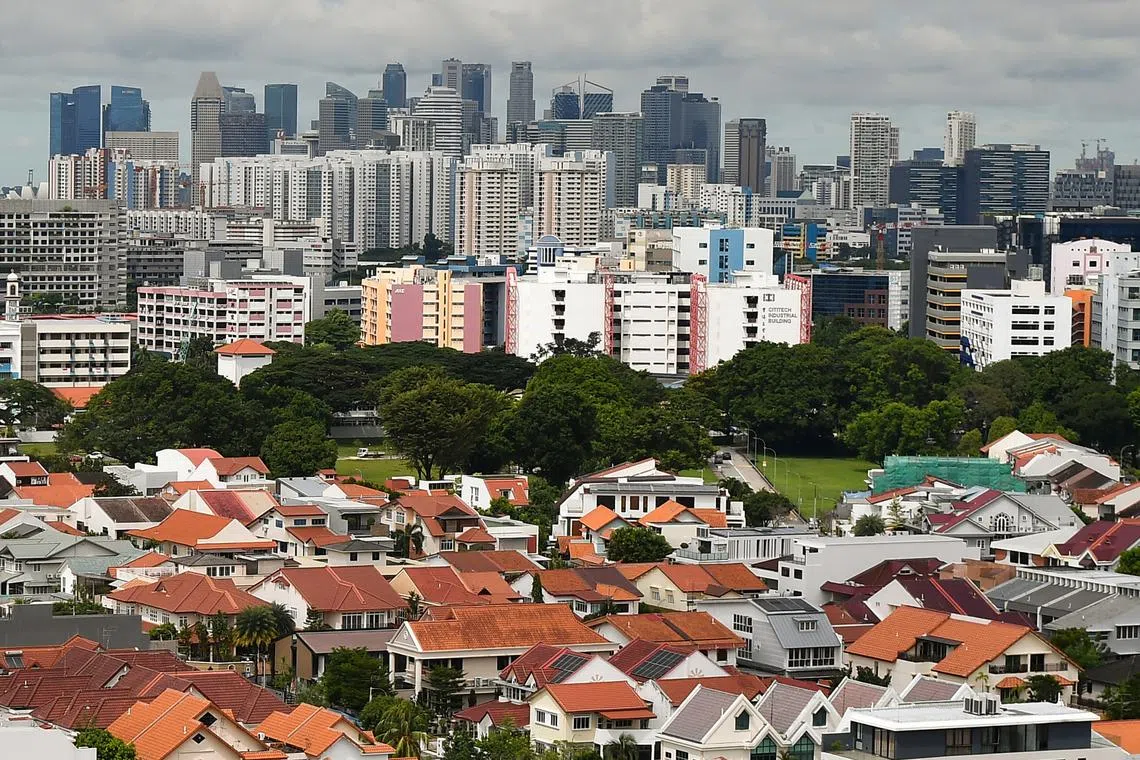For subscribers
Property stamp duties and subsidies are becoming a means to redistribute
By making it more expensive to invest in high-end properties, fiscal coffers are boosted while taming the buying frenzy.
Sign up now: Get ST's newsletters delivered to your inbox

The buyer's stamp duty has been a longstanding mechanism to cool the property market, and is now also a useful tool to raise government revenues, says the writer.
PHOTO: ST FILE
Sing Tien Foo
Follow topic:
The hikes in buyer’s stamp duty (BSD)
The BSD has been a longstanding mechanism to cool the property market, in raising the transaction cost of property investments and slowing the momentum in the private housing price index growth that has remained positive for 11 straight quarters since 2020.

